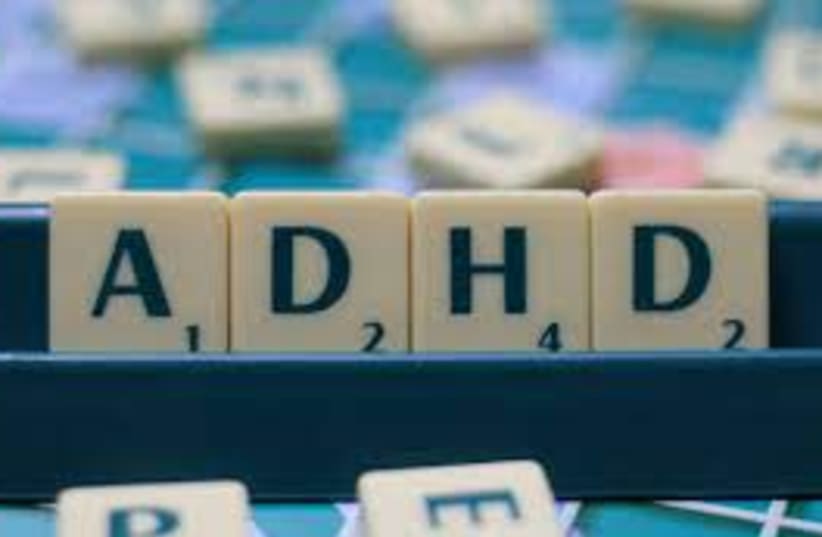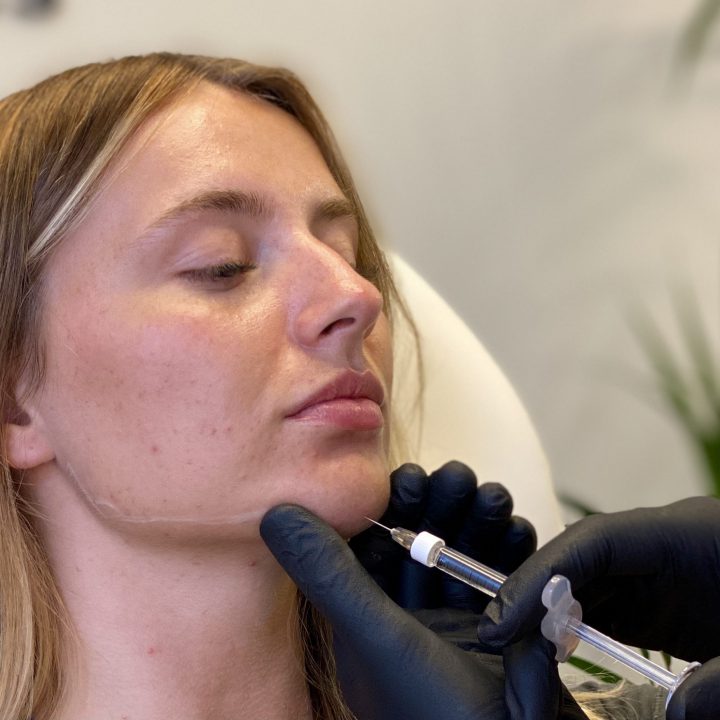One of the most common comorbidities of Attention Deficit Hyperactivity Disorder (ADHD) is anxiety disorders. ADHD usually coexists with other mental health issues. Because the symptoms of anxiety disorders and ADHD can interact and intensify one another, managing these problems together provides special challenges. Thankfully, there are efficient therapy modalities that deal with anxiety and ADHD at the same time. The association between comorbid anxiety disorders and ADHD, the effect of ADHD Medication on anxiety symptoms, and combined treatment approaches for people with both diseases are all covered in this article.
Recognizing the Connection Between Anxiety and ADHD
Anxiety disorders and ADHD frequently coexist, and evidence indicates a reciprocal association between the two ailments. Since controlling ADHD-related issues like impulsivity, disorganization, and inattention can be difficult, people with the disorder may exhibit anxiety symptoms. On the other hand, anxiety problems may make symptoms of ADHD worse, making a person more easily distracted, restless, and unable to focus.
ADHD Medication’s Effect on Anxiety Symptoms
Medication for ADHD, especially stimulant drugs like amphetamines and methylphenidate, mainly addresses the symptoms of impulsivity, hyperactivity, and inattention. Despite the fact that these drugs are not intended to treat anxiety disorders explicitly, research indicates that people who have comorbid ADHD and anxiety may benefit indirectly from them:
Enhanced Focus and Attention:
ADHD medication may assist people with anxiety-related distractibility keep focused on tasks and better control intrusive thoughts by improving attention and concentration.
Diminished Impulsivity:
Drugs can also lessen impulsivity, which is a common side effect of anxiety and ADHD. Medication for anxiety may help people avoid making snap decisions or acting out of fear or stress by encouraging more restraint and self-control.
Enhanced Executive Functioning:
ADHD and anxiety disorders frequently cause impairments in executive functioning, which can be improved with stimulant medication. These skills include planning, scheduling, and time management. Increased executive functioning may lessen overwhelm and improve a person’s ability to handle stress.
Approaches to Dual Treatment
While using an ADHD medication can help reduce anxiety symptoms to some extent, in order to treat anxiety more thoroughly, other strategies must frequently be used. For those with co-occurring disorders, dual treatment strategies that address anxiety and ADHD are advised:
CBT, or cognitive-behavioral therapy:
It has been demonstrated that CBT is a psychotherapeutic strategy that is beneficial for treating anxiety disorders as well as ADHD. Cognitive restructuring, exposure therapy, and relaxation training are examples of CBT treatments that can assist people in creating coping mechanisms to control the symptoms of both diseases.
Interventions Based on Mindfulness:
By fostering present-moment acceptance and awareness, mindfulness techniques like mindful breathing and mindfulness meditation can help people become less reactive to uneasy thoughts and feelings. It has been demonstrated that mindfulness-based therapies are helpful for people with anxiety and ADHD.
Techniques for Stress Management:
Acquiring knowledge of stress management methods, such as progressive muscle relaxation, guided imagery, and deep breathing exercises, can assist people with anxiety and ADHD in lowering their physiological arousal and increasing their ability to relax under stressful or overwhelming situations.
Medication Modification:
To more successfully treat anxiety symptoms, it may occasionally be required to make modifications to the ADHD medication. For those who have unbearable side effects, this can entail switching to a different kind of medicine, reducing the dosage, or experimenting with non-stimulant options.
Changes in Lifestyle
Alterations to one’s lifestyle can be very helpful in managing anxiety and ADHD in addition to official treatment interventions:
Frequent Workout:
Physical activity has been demonstrated to improve neurotransmitter levels and enhance general wellbeing, which in turn reduces symptoms of anxiety and ADHD. Regular exercise, such as yoga or aerobics, can help people feel better and control their symptoms.
Good Nutrition:
Eating a diet full of fruits, vegetables, whole grains, lean meats, and balanced carbohydrates can help maintain the health of the brain and regulate mood. Reducing intake of processed foods, sweets, and caffeine may also help lessen the symptoms of anxiety and ADHD.
Sufficient Sleep:
Insufficient sleep can worsen the symptoms of anxiety and ADHD. Prioritizing healthy sleep hygiene habits can enhance both the quality of your sleep and your general functioning. These habits include keeping a regular sleep schedule, setting up a calming bedtime routine, and minimizing screen time before bed.
In conclusion,
Those with comorbid ADHD and anxiety disorders may get some alleviation from their anxiety symptoms from ADHD medication. But in order to get the best results, it’s often necessary to take a thorough approach that takes into account both conditions. Psychotherapy, stress reduction methods, and lifestyle changes are examples of dual treatment strategies that can assist people in better managing their symptoms and enhance their general quality of life.
People with comorbid ADHD and anxiety disorders can learn to manage their symptoms, develop resilience, and lead fulfilling lives by putting into practice a customized treatment plan that takes into account their particular needs. People with dual diagnoses can find relief and hope for a better future with the help of medical professionals, therapists, and loved ones.












